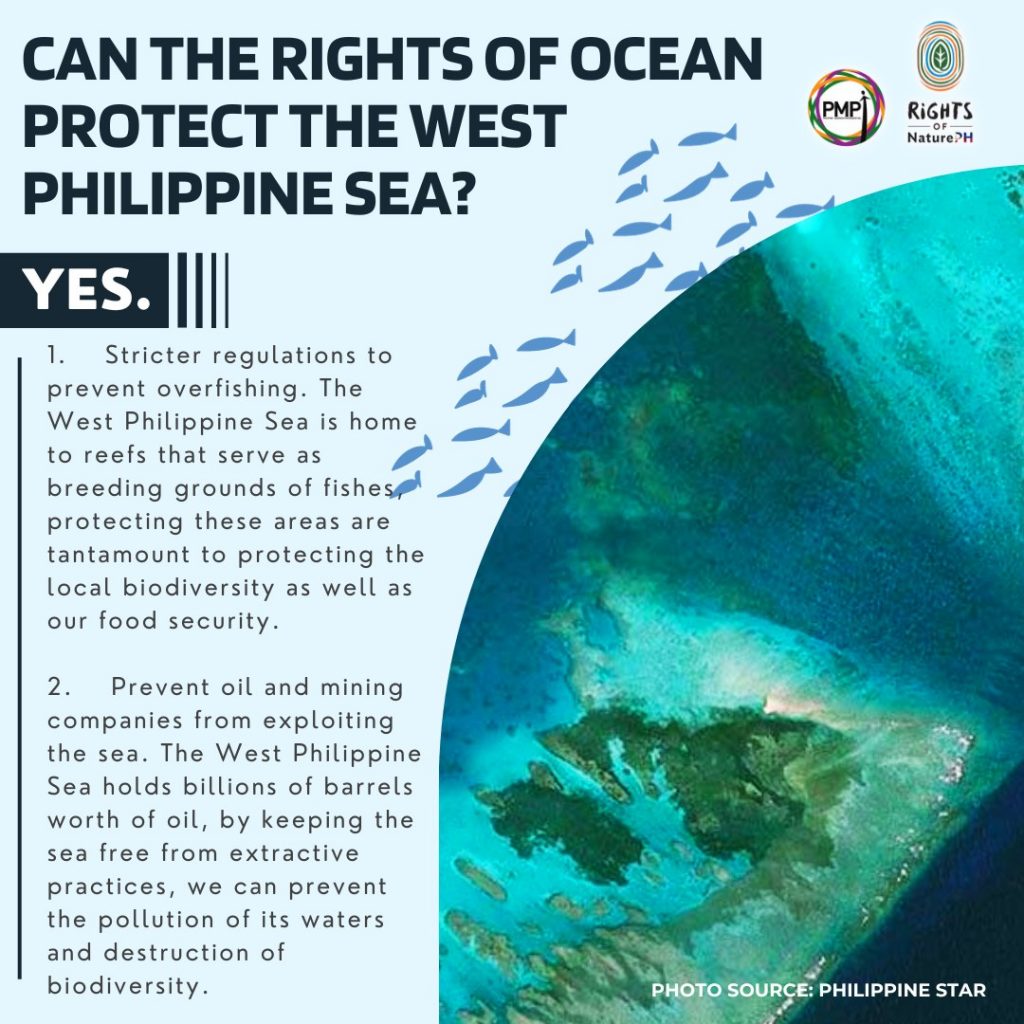Certainly, it can play a role in ensuring protection.
The West Philippine Sea, abundant in resources and diverse wildlife, serves as an anchor for both the Philippines’ economy and the biodiversity of the Southeast Asian region. However, amidst ongoing territorial disputes, overfishing, and oil and gas extraction, it is the wildlife that bears the brunt of these challenges.
Furthermore, a significant portion of the Philippines’ coral reefs is located in the West Philippine Sea, which plays a vital role in sustaining marine ecosystems. Coral reefs provide a habitat for thousands of species and act as a natural shield, protecting coastlines from the ravages of waves, storms, and floods.
Despite the existence of international laws and agreements such as the UN Convention on the Law of the Sea, the Fisheries Code, and the Wildlife Conservation and Protection Act, there remains a deficiency in their effectiveness in safeguarding and enforcing the protection of our oceans and seas.
The Rights of Nature and the Rights of the Ocean both seek to recognize and protect the intrinsic value and inherent rights of the natural world, including the vast and vital ecosystems found within the ocean.
Let’s fight for the rights of ocean. Sign here to show now: https://www.onebluevoice.net/

